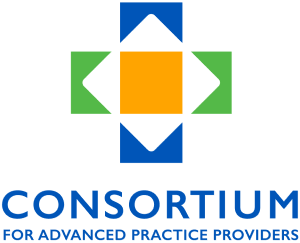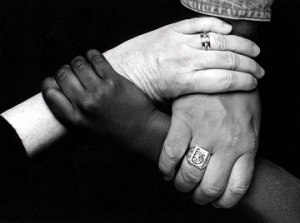I had written two other posts for this week. One about the summer solstice; the presence of life-giving light and possibilities for celebration. The other about Standard 2: Curriculum; its definition and its role as the foundation for a training program. However, after the terrorist shootings this week in Orlando and France, I’m going to save them for next week. Instead, I’d like to focus on the essential role of compassion in NP postgraduate training programs. When trainees experience and witness compassion on the part of their mentors and preceptors, it has a lasting positive impact on their future abilities to respond compassionately and effectively in crisis situations.
In the context of accreditation, this post will touch lightly on Elements in Standards 7-Staff and 8-Trainee Services.
Specifically, in Standard 7:
• Identifying and resolving unanticipated obstacles or problems that might impede successful achievement of objectives.
• Ensuring that the appropriate level of guidance and supervision is in place for all trainees who care for patients.
in Standard 8:
• Providing postgraduate trainees with the same employee benefits as other full-time health profession trainees.
One of the many wonderful attributes of NPs is their personal penchant and professional training to focus on the individual as a whole, whether that individual is a patient, colleague or trainee. It is this unique awareness of the multi-faceted lives of others and its role in our training programs that I’d like to explore. Preceptors, faculty, and program directors have the opportunity to connect with their trainees as complex individuals with hopes and fears, busy daily lives, and a life outside of the training program. There is the opportunity to recognize those who are fragile, vulnerable or troubled. As mentors and coaches there is the obligation to connect and provide guidance to trainees when circumstances warrant.
Traditionally, the role of the faculty and preceptor is to focus on the learners’ acquisition of procedural and intellectual knowledge, attitudes, and skills in a professional context. However, I propose that there is also an implicit expectation that as a mentor or coach there should be a general awareness of the trainee’s mental health and personal well-being. In the same way that we build on the intellectual and procedural intelligence of our trainees, we should build on their emotional intelligence to foster self-aware, compassionate, and capable individuals. Daniel Goleman identifies compassion as essential to good leadership: “Directing attention toward where it needs to go is a primal task of leadership.” Compassion opens a window so that health care providers can see where their attention needs to go. The best leaders note when someone is ‘in trouble’ and take action. It is the compassionate thing to do. It is the right thing to do. You may want to check out Goleman’s TED Talk on compassion–it is superb:
(http://www.ted.com/talks/daniel_goleman_on_compassion)
Our trainees are adults. They make their own decisions and are responsible for their own actions. As faculty, program directors, and preceptors, it is essential to be knowledgeable about your organization’s employee assistance programs and to share that knowledge as appropriate. Recognize when someone is troubled. Reach out and provide non-judgmental guidance to available resources. Quietly offer a helping hand. It can make all the difference.
As the Dalai Lama XVI observed: “Only the development of compassion and understanding for others can bring us the tranquility and happiness we all seek.”
Until next time,
Candice


